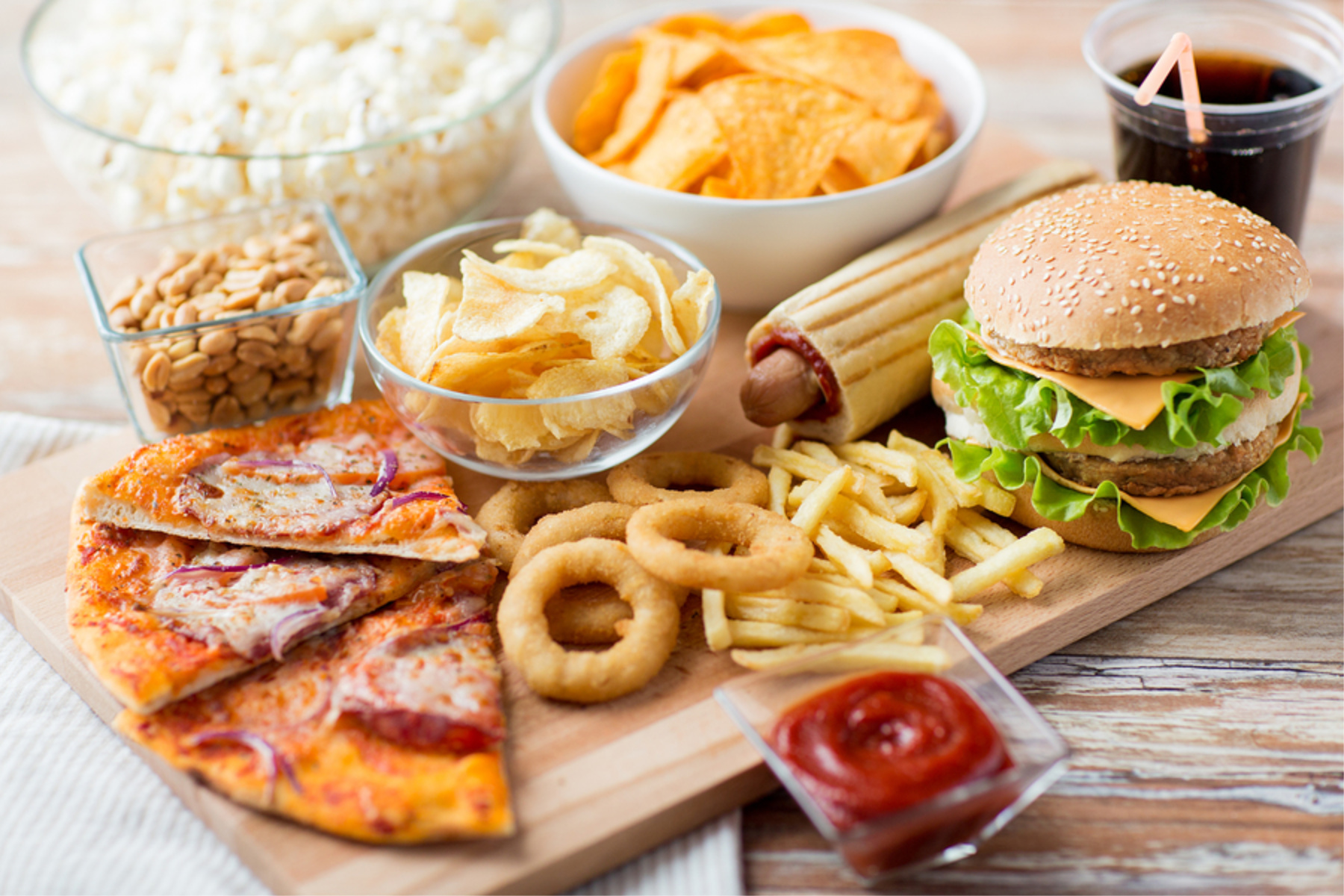June 4, 2019

Foods That Can Raise Cholesterol Levels
The fats your aging relative eats can affect their cholesterol levels because fatty acids attach to cells in the liver that control cholesterol production. It’s not just the amount of fat the older adult eats that matters, but also the kinds of fat they eat. They should avoid eating trans fats, which are commonly found in fried food, baked goods, and pre-packaged foods. Another kind of fat that should be reduced is saturated fats. These are found in red meats and dairy products.
Some specific foods to stay away from are:
Foods That Can Lower Cholesterol Levels
Just as there are foods that can increase cholesterol levels, there are also foods that can help to lower cholesterol. Some foods to add to your aging relative’s diet include:
Oatmeal and Other High Fiber Foods: Oatmeal is a good source of soluble fiber, which helps to lower LDL (“bad”) cholesterol levels. Seniors can also get soluble fiber from foods like beans, vegetables, and fruits.
Fatty Fish: Eating fatty fish supplies omega-3 fatty acids. While this doesn’t actually help to lower cholesterol levels, it does reduce triglycerides and protect against heart disease, which people with high cholesterol are at higher risk for. Some examples of fatty fish are tuna, herring, mackerel, salmon, and trout.
Tree Nuts: Tree nuts, like almonds, have been proven to improve cholesterol levels. However, nuts are high in calories, so keep consumption to about a handful a day.
Elder care providers can assist your aging relative with managing their cholesterol levels.
An elder care provider can cook healthy meals that use more of the foods that reduce cholesterol and avoid those that can raise it. An elder care provider can also remind the senior when it is time to take prescription medications for reducing high cholesterol.
Sources
Medicalnewstoday.com
Mayoclinic.org
Webmd.com